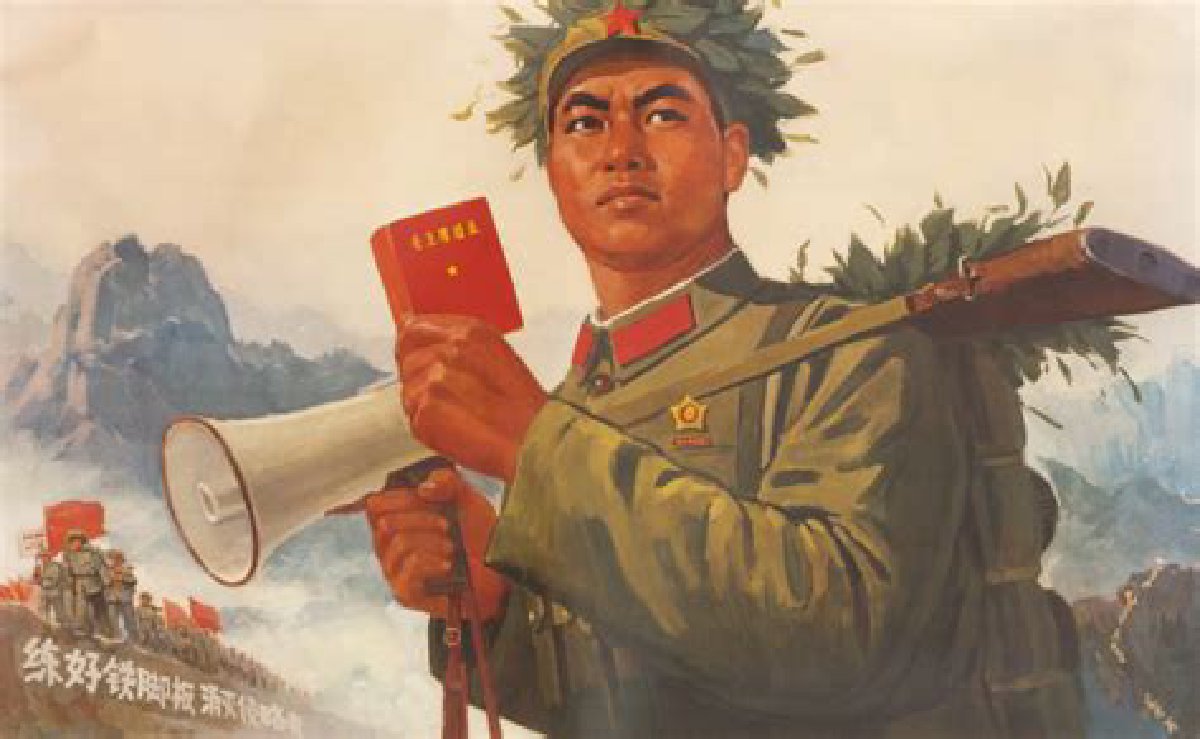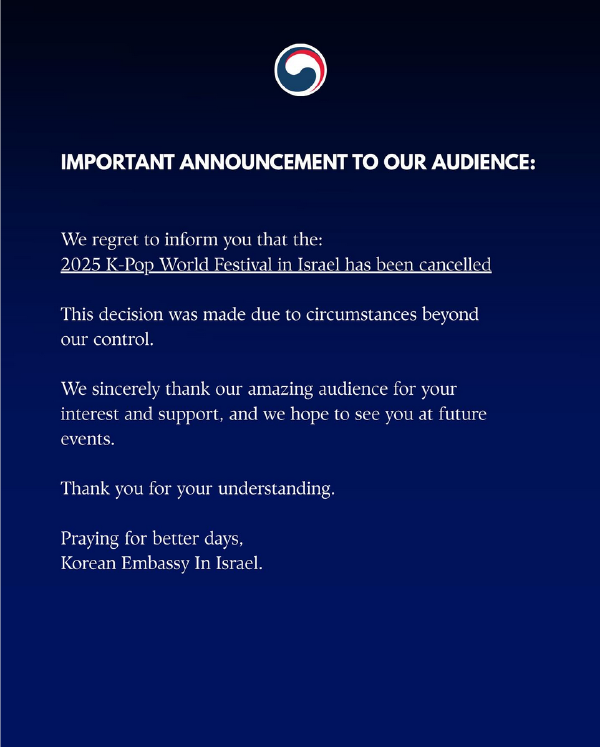Source: Israel Hayom
This week, I faced a difficult dilemma. An enticing offer for an advertising campaign, one that could be a significant career achievement and bring in a substantial sum. Everything seemed rosy until it turned out that the product I was supposed to promote was made in China. For many, this might be a minor detail, but for me, it raised a major moral question.
This hesitation is not new. For years, I’ve grappled with the tension between the desire to enjoy inexpensive and accessible Chinese products and the reluctance to support a regime whose actions cause deep concern. The ongoing persecution of Falun Gong practitioners, the harvesting of their organs for transplants, the brutal suppression of the Uyghurs, and the subjugation of the peace-loving Tibetan people – these are just a small part of the long list of human rights violations attributed to the Chinese regime.
However, the dilemma took an even sharper turn when I was exposed to information about China’s involvement in funding anti-Israel and anti-Jewish propaganda on American campuses. Recent studies, such as those published by the Network Contagion Research Institute, indicate that networks linked to the Chinese Communist Party are funding and organizing anti-Israel protests that have disrupted campus activities in the United States. Activist groups like “Shut It Down for Palestine” (SID4P), which emerged after the events of October 7, have been identified as part of this network, using anti-Israel propaganda as a tool to advance a broader agenda of undermining social and political stability in the West.
The claim is that China is not acting out of direct antisemitic motives, but rather from a strategic interest to stir division and conflict within Western societies, thereby eroding them from within. In this case, the Jewish and Israeli communities become pawns in a broader global struggle. For me, as an Israeli, this understanding makes the moral dilemma even more complex. Can I contribute, even indirectly, to a system that harms the interests of my people and my country?
The campaign offer was tempting, and the thought of financial gain was alluring. But in the end, conscience prevailed. Buying a Chinese product is one thing – actively collaborating with an entity linked to such a regime is something else entirely. The decision to forgo the campaign was not easy, but it reflected a fundamental principle: there are red lines that should not be crossed, even at a financial cost. In a world where the boundaries between economics, politics, and morality are increasingly blurred, it is more important than ever to stand by our principles and choose the right side of history.




